Victim hits back as Nigerian politician jailed for UK organ trafficking plot: ‘My body is not for sale’
The judge told the defendants: ‘You each played a part in that despicable trade’
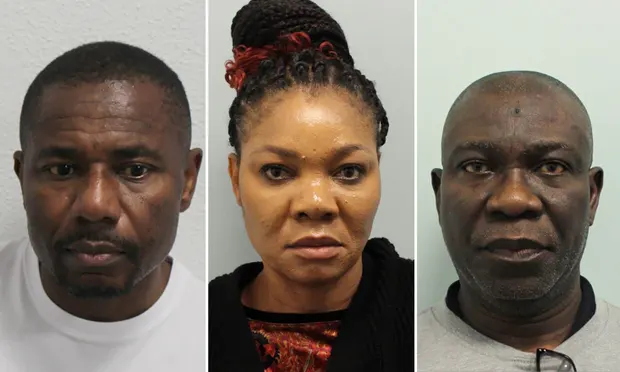
A wealthy Nigerian politician and two others have been jailed for plotting to harvest a man’s kidney, as the victim hit back at the trio telling them “my body is not for sale”.
Senator Ike Ekweremadu, 60, his wife Beatrice, 56, and medical “middleman” Dr Obinna Obeta, 51, were found guilty at the Old Bailey of conspiring to arrange the travel of a young man with a view to exploiting him for his body part.
The Ekweremadus’ 25-year-old daughter, Sonia, who has a severe kidney disease and was the intended recipient of the organ, was present in court alongside her older brother Lloyd and other members of the family.
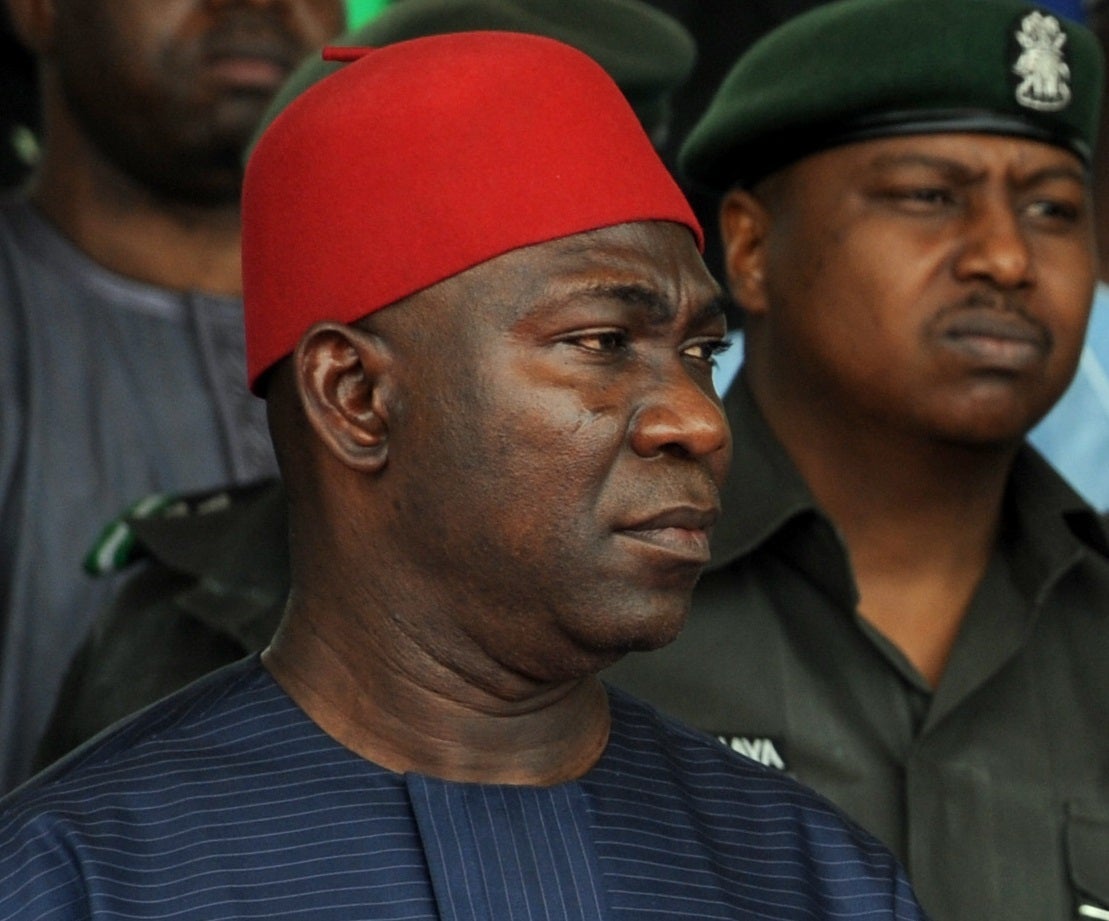
It is the first conviction of its kind under the Modern Slavery Act and carried a maximum life sentence.
Mr Ekweremadu, who owns £6 million worth of properties in the UK, the United States and United Arab Emirates, was jailed for a total of nine years and 8 months, while his wife, wearing a purple shirt and black cardigan was sentenced to 4 years and six months imprisonment. Obeta wept as he was sentenced to 10 years imprisonment.
The victim’s impact statement was read in court revealing his humble background in a Lagos village where he is the oldest of seven siblings living in a home without electricity or running water.
He was forced to become a street trader full-time, moving to the city to provide for his family when his father fell ill with a heart problem. He sold mobile phone accessories from a wheelbarrow making at most £7 a day and as little as 50p.
He said he was approached with an opportunity to work in the UK, something he had “always dreamed of but never thought would happen”.
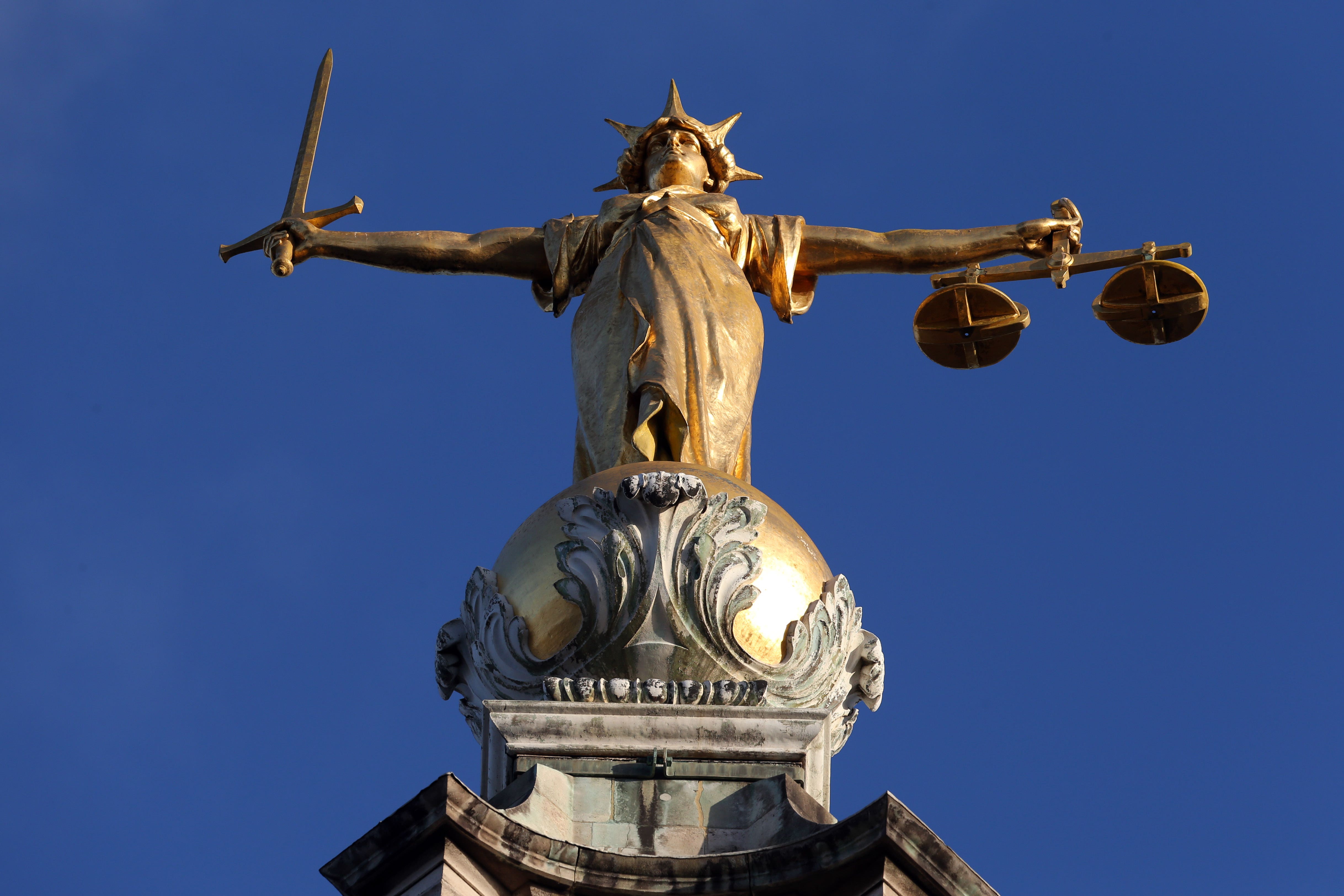
However, he was later shocked to discover the reason for the trip was to harvest his organs to give to Sonia.
“He [Dr Obina Obeta] did not tell me he brought me here for this reason, he did not tell me anything about this. I would have not agreed to any of this, my body is not for sale,” the victim, who cannot be named for legal reasons, said.
He added that he cannot return to Nigeria as the Ekweremadus were very dangerous and he was worried for his safety. He said someone had visited his father in Nigeria and asked him to get his son to drop the case.
“I worry for my safety in Nigeria, those people can do anything. I think they could arrest me or kill me in Nigeria,” the court heard.
He told police he did not want to claim compensation from the “bad people” as it would be “cursed and bad luck”.
He said: “My plan now is to work and to get an education and to play football.”
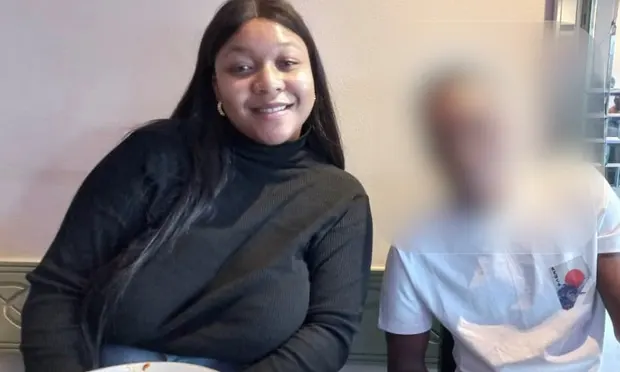
Ike Ekweremadu’s legal team submitted 51-pages of character reference to support a lenient sentence for the husband and wife, including statements from the former president of Nigeria, Olusegun Obasanjo, the speaker of the Nigerian House of Representatives and the attorney general of Nigeria.
Outlining the ground-breaking case at the Old Bailey, judge Mr Justice Johnson said: “People-trafficking of human organs is a form of slavery.
“It treats human beings and their body parts as commodities to be bought and sold. It is a trade that preys on poverty, misery and desperation.”
He told the defendants: “You each played a part in that despicable trade.”
The court previously heard how the victim, a 21-year-old street trader from Lagos, was brought to the UK last year to provide a kidney to Sonia Ekweremadu in an £80,000 private transplant operation at the Royal Free Hospital in London.
While it is lawful to donate a kidney, it becomes criminal if there is a reward of money or other material advantage.
Ike and Beatrice Ekweremadu were arrested on 21 June last year as they arrived on a flight to Heathrow, stepping off the plane with 30,000 US dollars.
A search of Obeta's address on Old Kent Road, in south London, revealed a fake affidavit stating the victim and Sonia were biological cousins.
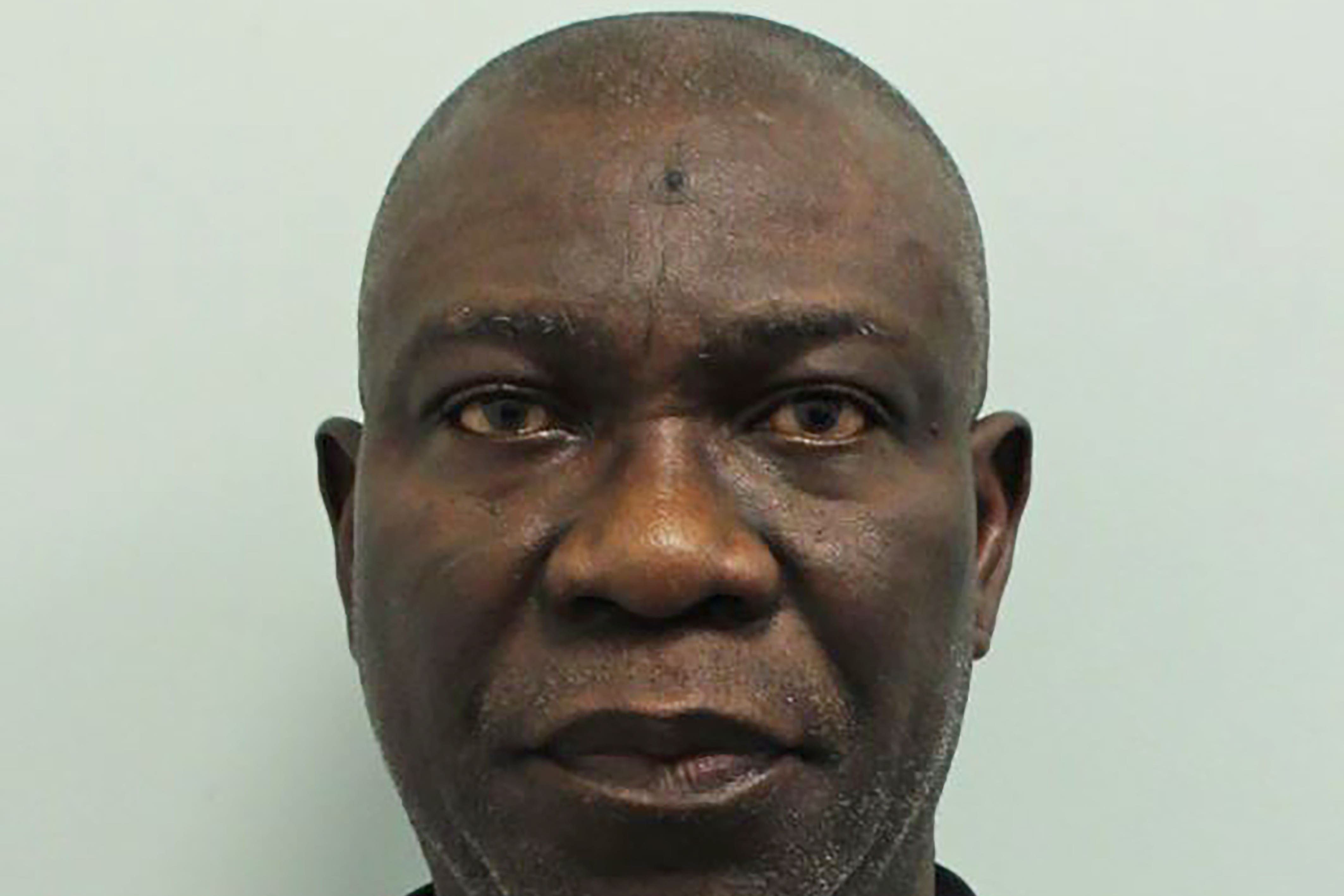
Examination of the defendants' phones revealed a stream of messages detailing the progress of the failed organ transplant plan.
The court heard the Ekweremadus were inspired to take on the plot when Sonia became sick while studying for a master’s degree at Newcastle University in December 2019.
Obeta, who acted as the middleman of the plan, was the former medical school classmate of Ike Ekweremadu's brother and had himself undergone a kidney transplant at the Royal Free Hospital.
His donor also came from the street market in Lagos and knew the victim in the case.
The defendants denied conspiracy to arrange or facilitate the travel of another person with a view to exploitation, claiming they believed the victim was acting selflessly in donating his organ.
Sonia Ekweremadu was cleared of wrongdoing by the jury.

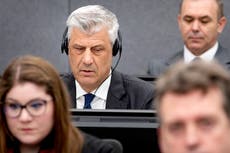

Bookmark popover
Removed from bookmarks